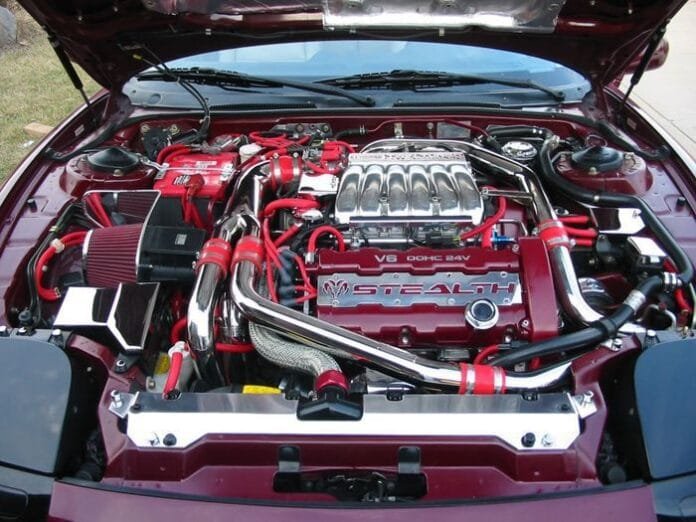Introduction to Drivetrains
The last few decades have brought four-wheel-drive (4WD) and all-wheel drive (AWD) to the forefront of automotive technology. The increased demand for these drivetrains has led numerous automakers to develop a wide array of crossover vehicles equipped with either 4WD or AWD. However, many individuals still find the differences between all-wheel drive vs four-wheel drive confusing. Are they essentially the same system, or do they possess unique characteristics? This article aims to clarify these distinctions.

What is Four-Wheel Drive?
Four-wheel drive, commonly referred to as 4WD, is generally the drivetrain of choice for off-road vehicles. This system can be divided into two categories: part-time 4WD and full-time 4WD. Part-time 4WD allows the vehicle to run in two-wheel drive under normal conditions. When higher traction is needed, the driver can switch to a 4WD mode, distributing power evenly among all four wheels. However, operating part-time 4WD on paved roads can cause significant wear on the vehicle’s components.
All-Wheel Drive Explained
In contrast, all-wheel drive systems are designed to continually send power to all four wheels. Similar to full-time 4WD, AWD does not permit operation in two-wheel drive. Rather, it utilizes sophisticated technology to adjust the torque distribution based on traction needs. Some advanced AWD systems can automatically shift torque from front to rear, ensuring optimal balance and performance. Nevertheless, AWD does not typically come with the ‘low range’ feature commonly found in 4WD systems.
Conclusion: The Importance of Traction
Both AWD and 4WD have their individual strengths, catering to distinct driving needs. Using AWD in high-performance vehicles contributes to faster acceleration and reduced wheel slip, while 4WD systems are indispensable for navigating tough off-road terrains. Ultimately, the choice between all-wheel drive vs four-wheel drive should be informed by your unique driving requirements and the conditions you typically encounter.


